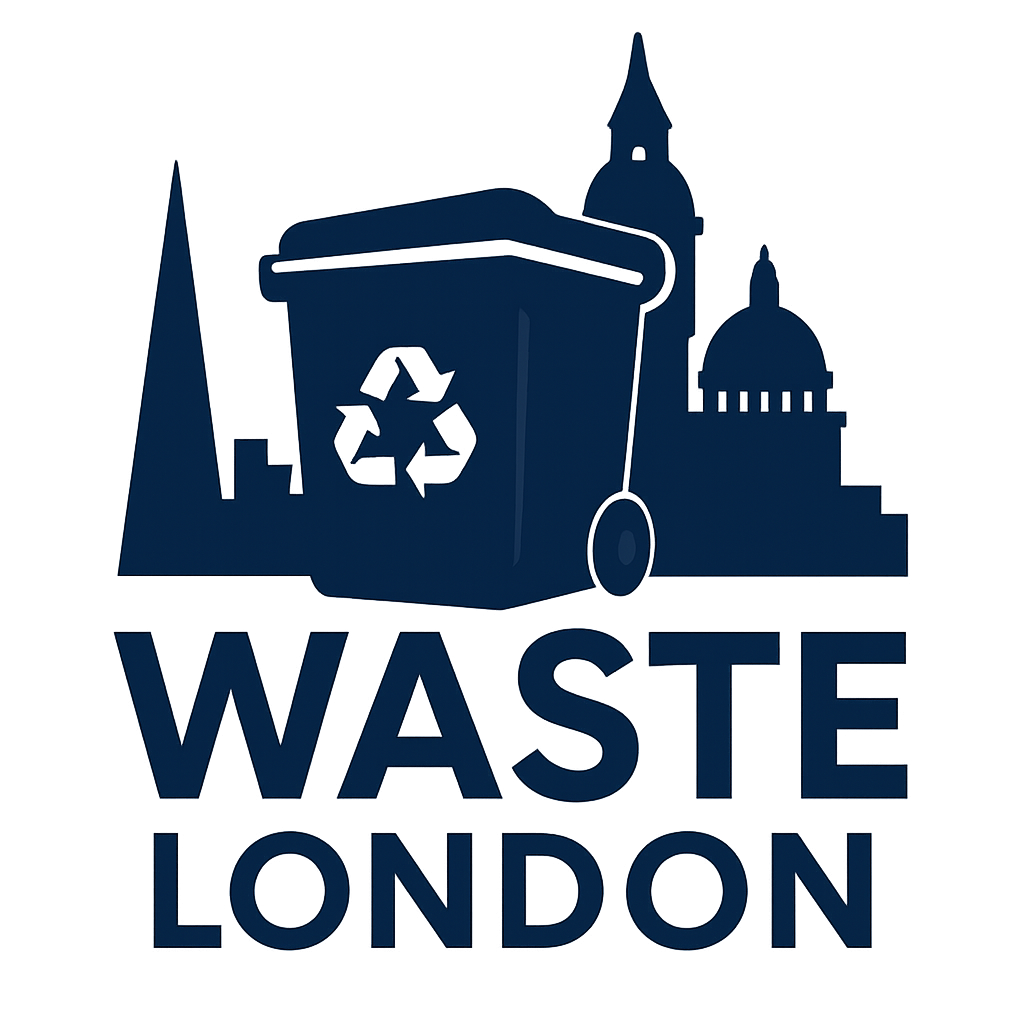The Clean Desk Conundrum: Why We Love Tidiness but Dread Office Clearances – A Behavioral Insight
Office clearances often trigger unexpected emotional responses and procrastination. Delve into the behavioral science behind why we hoard, resist decluttering our workspaces, and how subtle psychological 'nudges' can transform a dreaded task into a positive experience.
WASTE.london Team
11 June 2024
6 min read

The Clean Desk Conundrum: Why We Love Tidiness but Dread Office Clearances – A Behavioral Insight
A few months ago, our diligent office manager announced an impending “major office clear-out.” The stated objective sounded perfectly logical and beneficial: get rid of outdated, unnecessary items to make valuable space for new equipment and a more streamlined working environment. On paper, it was a win-win. However, when the designated clear-out day finally arrived, the main meeting room, which was supposed to be the hub of orderly disposal, rapidly descended into what could only be described as a decluttering battlefield. It was a chaotic landscape of overflowing boxes filled with tangled cables of indeterminate purpose, precarious piles of battered, unwanted chairs, and, most strikingly, a dozen normally rational colleagues suddenly and passionately convinced that every chipped coffee mug or outdated promotional pen was a potential family heirloom or an item of profound, irreplaceable utility.
I observed, fascinated, as my usually pragmatic colleague, Sarah, clung tenaciously to her ancient, dust-coated desk fan, earnestly claiming it “might be critically useful during an unexpected heatwave,” despite its noisy motor and questionable electrical safety. Meanwhile, I found myself inexplicably defending a desk drawer crammed full of miscellaneous pens, at least half of which, I knew deep down, had long since dried up. The peculiar thing was, none of us had likely given these specific items a second thought the day before. But the moment someone suggested throwing them out, they became imbued with a sudden, almost sacred, preciousness. This is a classic example of the 'endowment effect,' where we place a higher value on items simply because we own them.
The Psychological Weight of Decluttering
The real struggle during that office clearance wasn’t so much the physical effort of moving things around; it was the significant psychological and emotional toll it took. Every seemingly minor decision – “Should I keep this slightly frayed USB cable? Is it time to toss that thick, unread training manual from 2015?” – felt progressively heavier and more mentally taxing than the last. This is often referred to as 'decision fatigue.' By the third hour of this intense decluttering session, a palpable sense of exhaustion had enveloped the team. We found ourselves collectively staring at the same broken keyboard for an extended period, as if hoping it might spontaneously reveal a hidden, vital purpose that would justify its continued existence in the office.
Introducing Structure and Positive Framing
Then, a small but significant shift occurred. Someone had the bright idea to set a timer for focused bursts of activity and put on some upbeat music. Simple, clear labels for boxes appeared: “KEEP – ESSENTIAL,” “DONATE/RECYCLE,” and “DISPOSE.” Suddenly, the atmosphere changed. People started moving with more purpose. The overwhelming piles began to shrink as items were decisively sorted. When the pre-booked waste skip finally arrived later that afternoon, the collective mood visibly lifted. “Just think of all the extra space we’ll have!” someone cheered, articulating the positive outcome we had momentarily lost sight of. We all stood back, surveying our newly tidied desks and the cleared communal areas, and there was a genuine, shared feeling of a fresh start, of accomplishment.
Understanding Procrastination and Loss Aversion
Looking back at that challenging yet ultimately rewarding day, I have a clearer understanding of why businesses (and individuals) so often procrastinate over these necessary clearances. The act of letting go, even of items that are objectively 'junk' or no longer useful, can trigger a sense of loss due to 'loss aversion' – the psychological principle that losses loom larger than equivalent gains. We focus on what we are giving up, rather than what we are gaining (like space, efficiency, or a more pleasant environment).
However, the experience also highlighted effective strategies. Give people a clear deadline, provide a simple structure for decision-making (like the labelled boxes), foster a sense of teamwork, and clearly articulate the benefits and gains of the exercise – more room, less clutter, improved workflow. When these elements are in place, suddenly the task doesn’t seem quite so daunting or emotionally charged. Sometimes, all it takes is a gentle behavioral 'nudge,' perhaps facilitated by a neutral, objective outsider (like a professional clearance service), to help us overcome our irrational attachments and clearly see that the long-term benefits of a clean, organized desk and office almost invariably beat the sentimental attachment to clutter every single time. Understanding these psychological factors can make future office clearances in London businesses a far more painless and productive endeavor.
Enjoyed this read?
Explore more insights on waste management, sustainability, and how we're making London greener.
Discover More ArticlesThe Clean Desk Conundrum: Why We Love Tidiness but Dread Office Clearances – A Behavioral Insight
Need a Waste Solution?
Get a quick quote or book a collection with London's leading waste management experts.
Get a Free Quote
London's trusted waste management service. We provide efficient, eco-friendly waste collection and disposal solutions for homes and businesses across the city.